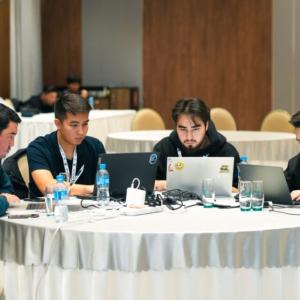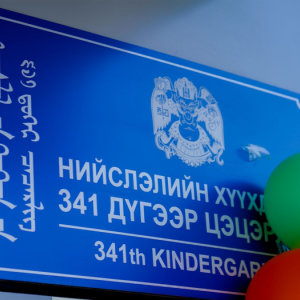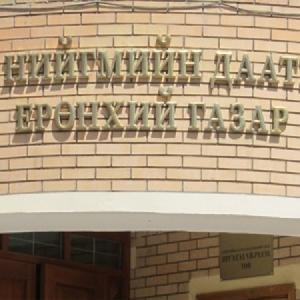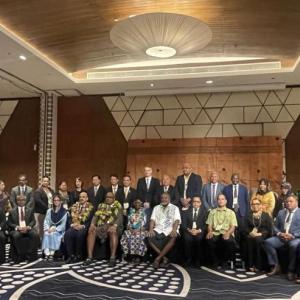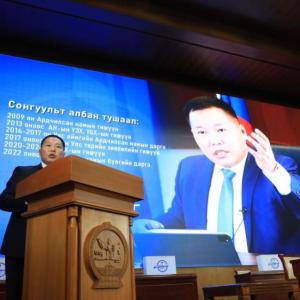Possibilities of Introducing Artificial Intelligence into Library Services Discussed
Society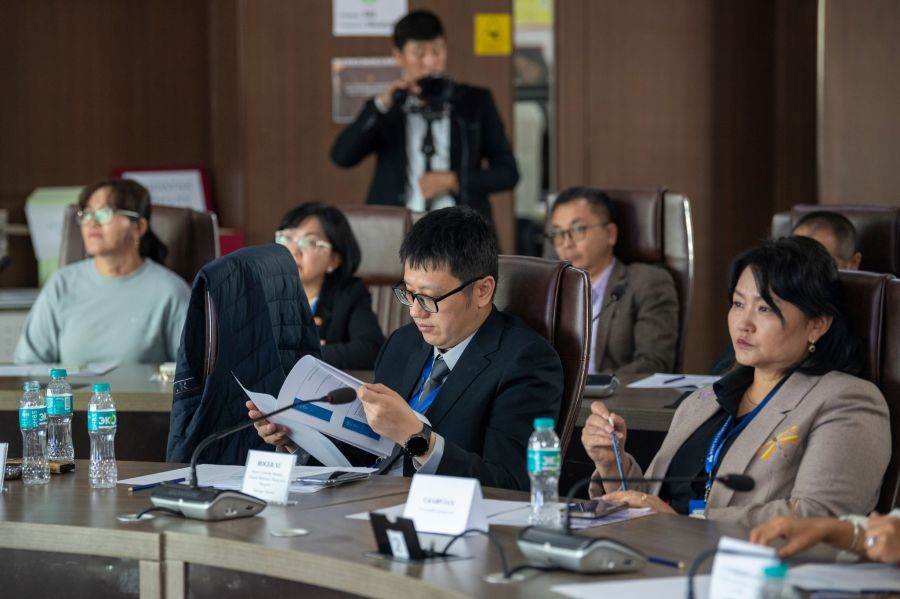
Ulaanbaatar, September 9, 2025 /MONTSAME/. On the occasion of Cultural and Art Workers’ Day, the Library of the National University of Mongolia (NUM) is organizing the forum ‘Library: Today and Tomorrow’ for the fourth consecutive year under the theme ‘Trends in the Development of Academic Libraries.’ This year’s forum is distinguished by being held in the form of an international conference and seminar.
The two-day forum aims to expand information accessibility, discuss the integration of modern technology and artificial intelligence into library services, digital transformation, and new opportunities in research, and align the roles and cooperation of academic libraries with international standards.
 Senior Specialist of the NUM Library O. Narantuya noted, “Although Mongolia is the main center of Mongolian Studies, the cultural heritage of the Mongols is preserved across the world. Many works are not registered in archives, museums, monasteries, the National Library of Mongolia, NUM, and MNUE libraries. It is necessary to create a national integrated catalog and digital platform, consolidating them. Moreover, works preserved at libraries such as Irkutsk State University of the Russian Federation and Inner Mongolia University of the People’s Republic of China should also be included and made accessible to researchers. In this way, a digital library of Mongolian studies can be established, and rare works not available online can be digitized and made available for research circulation. Libraries must inevitably cooperate in incorporating the cultural heritage of the Mongols scattered worldwide into a unified platform, making it accessible to the public and researchers.”
Senior Specialist of the NUM Library O. Narantuya noted, “Although Mongolia is the main center of Mongolian Studies, the cultural heritage of the Mongols is preserved across the world. Many works are not registered in archives, museums, monasteries, the National Library of Mongolia, NUM, and MNUE libraries. It is necessary to create a national integrated catalog and digital platform, consolidating them. Moreover, works preserved at libraries such as Irkutsk State University of the Russian Federation and Inner Mongolia University of the People’s Republic of China should also be included and made accessible to researchers. In this way, a digital library of Mongolian studies can be established, and rare works not available online can be digitized and made available for research circulation. Libraries must inevitably cooperate in incorporating the cultural heritage of the Mongols scattered worldwide into a unified platform, making it accessible to the public and researchers.”
 Sales Director for Mongolia and China at EBSCO Information Services, Eddie Tsai, presented on global trends in introducing artificial intelligence into academic and university libraries. He emphasized that, as artificial intelligence often generates responses based on open sources, it is the responsibility of users to discern accuracy. Using reliable sources when publishing research is essential. EBSCO Information Services has shared its experience of delivering artificial intelligence services to researchers while adhering to ethical standards and respecting intellectual property rights.
Sales Director for Mongolia and China at EBSCO Information Services, Eddie Tsai, presented on global trends in introducing artificial intelligence into academic and university libraries. He emphasized that, as artificial intelligence often generates responses based on open sources, it is the responsibility of users to discern accuracy. Using reliable sources when publishing research is essential. EBSCO Information Services has shared its experience of delivering artificial intelligence services to researchers while adhering to ethical standards and respecting intellectual property rights.
More than 100 representatives of domestic and foreign libraries and research organizations are participating in the forum, with 16 presentations to be delivered.
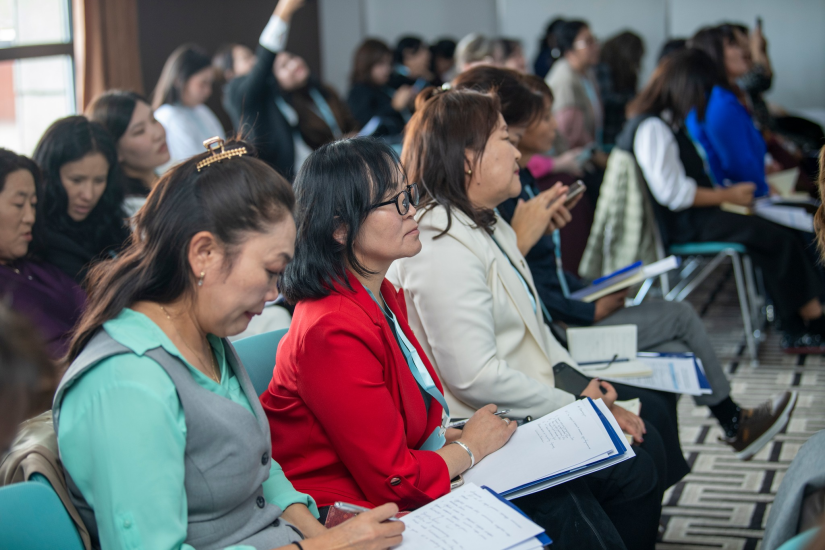
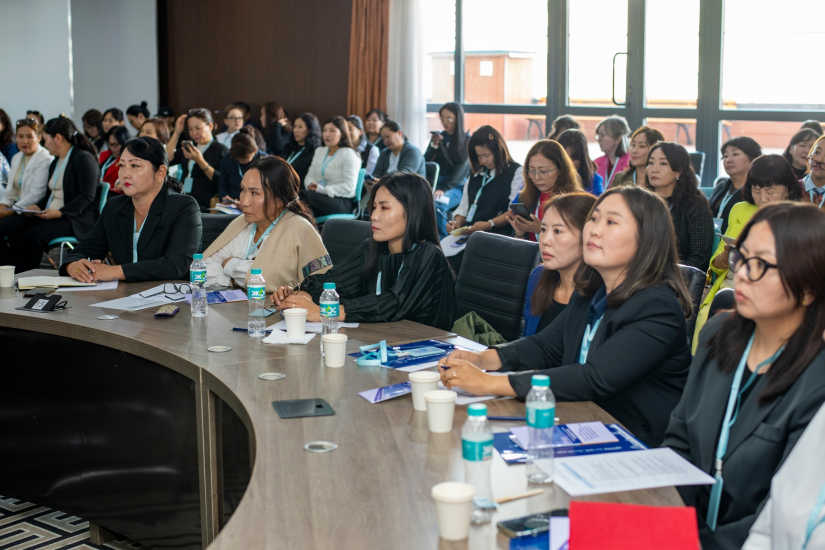

 Ulaanbaatar
Ulaanbaatar























